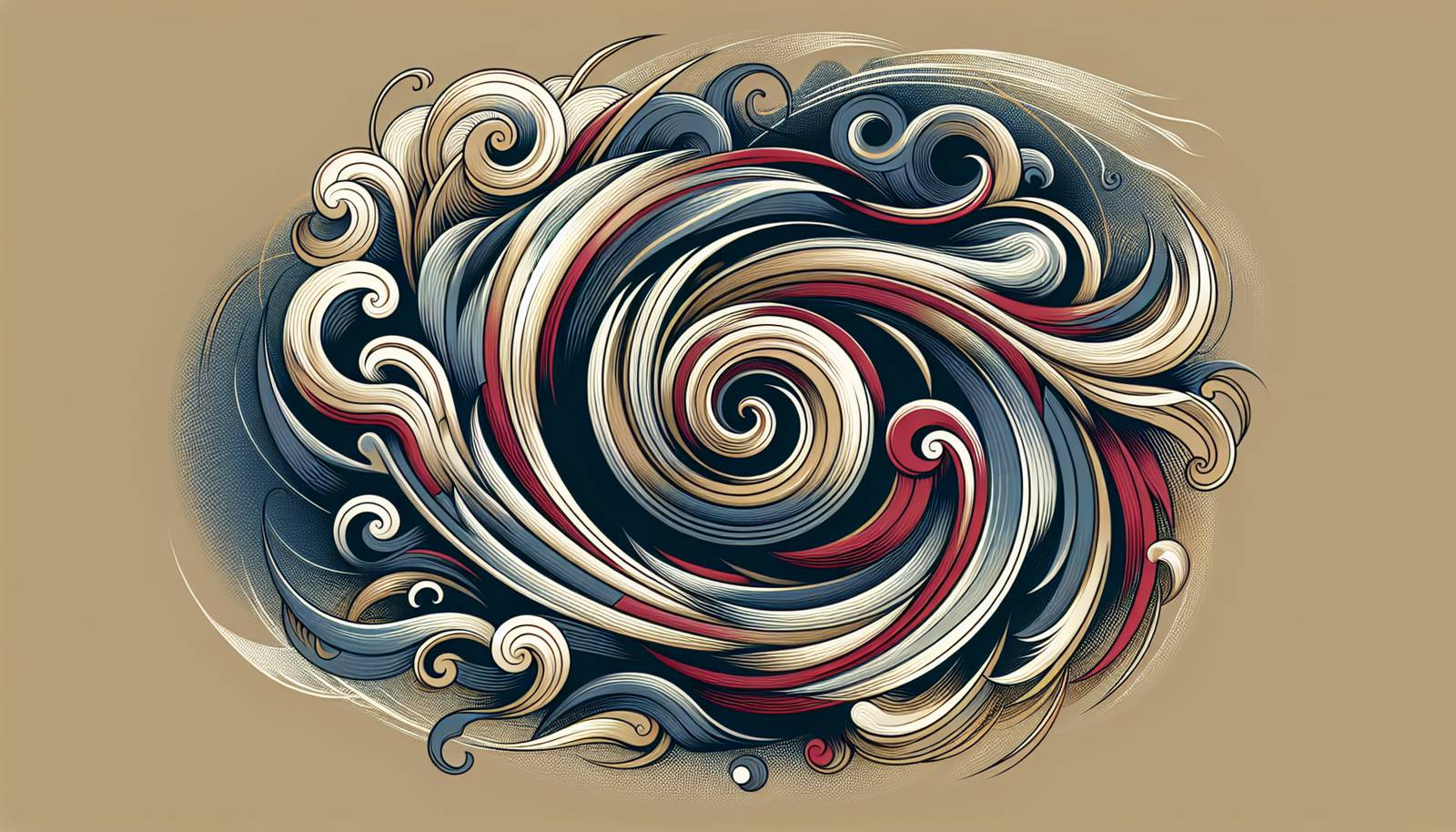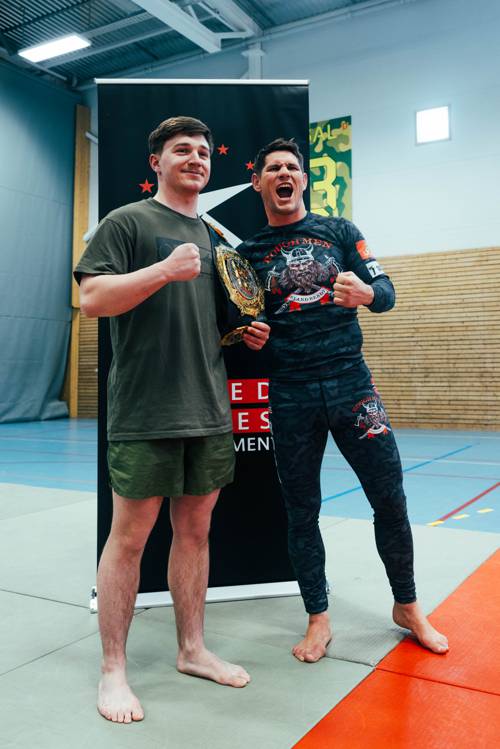
FAQ About The Cultural Impact of Martial Arts in Entertainment

What is the historical significance of martial arts in entertainment?
Martial arts have a long-standing impact on global entertainment, with roots tracing back to ancient traditions. Historically, martial arts were not only practiced for combat but also revered as a form of discipline, self-expression, and spiritual enlightenment. Over the centuries, these elements have infused themselves into various entertainment mediums, notably film, gaming, and animation, offering both action-packed visuals and deeper philosophical themes.

How have martial arts influenced Hollywood films?
Martial arts have deeply influenced Hollywood, especially in the action genre. Films such as Enter the Dragon introduced Western audiences to the martial arts spectacle, establishing stars like Bruce Lee. This influence continued into modern franchises like The Matrix and John Wick, where martial arts choreography plays a crucial role in storytelling and action sequences. The emphasis on choreographed fights has revolutionized the way action is depicted in films.

Which martial arts films have had the greatest cultural impact?
Films such as Enter the Dragon, Crouching Tiger, Hidden Dragon, and The Karate Kid have significantly impacted culture by popularizing martial arts and introducing various styles and philosophies to a global audience. These films have inspired countless adaptations and homages, becoming cornerstones of martial arts cinema and influencing societal perceptions of Eastern cultures and martial arts.

What role do martial arts play in video gaming?
Martial arts have played a pivotal role in the evolution of video gaming, with classic fighting games like Street Fighter and Mortal Kombat made popular for their martial arts-inspired characters and fighting styles. These games not only brought martial arts moves to the digital realm but also introduced players to a competitive yet artistic approach to combat, cultivating a dedicated fanbase and inspiring esports competitions.

How do anime and manga incorporate martial arts themes?
Anime and manga frequently incorporate martial arts themes, often highlighting the physical prowess, strategic thinking, and discipline associated with martial arts. Series like Dragon Ball, Naruto, and One Piece emphasize martial arts in their storytelling, using battles and training sequences to illustrate character development and explore complex themes such as honor and personal growth.

Why is martial arts choreography significant in films?
Martial arts choreography is significant in films because it adds authenticity and excitement to action sequences. It requires a unique blend of skill, precision, and creativity to craft visually captivating fight scenes that contribute to character development and plot progression. Well-executed martial arts choreography can leave a lasting impression on audiences, enhancing the film's entertainment value and emotional engagement.

What philosophies of martial arts are depicted in popular media?
Popular media often depict martial arts philosophies such as discipline, respect, perseverance, and the balance between mind and body. Films, animations, and games not only showcase the physical aspects of martial arts but also highlight deeper spiritual and ethical teachings. These philosophies resonate with audiences, offering life lessons and insights beyond mere entertainment.

How has martial arts impacted modern action heroes?
Martial arts have redefined the archetype of modern action heroes, shifting from purely muscular figures to agile, skilled fighters. Actors like Jean-Claude Van Damme, Jackie Chan, and Tony Jaa brought martial arts to the forefront, showcasing agility and technique. This evolution has led to a more diverse representation of action heroes, valuing skill and intelligence over brute strength.

In what ways have martial arts shaped the portrayal of Asian culture in entertainment?
Martial arts have played a substantial role in shaping the portrayal of Asian culture in global entertainment. By highlighting aspects like honor, discipline, and tradition, films and animations have facilitated a broader appreciation and understanding of Asian cultural elements. While sometimes stereotypical, martial arts have opened avenues for authentic and respectful cultural representation in broader media contexts.

What are some misconceptions about martial arts in films and games?
One common misconception about martial arts in films and games is that they are primarily about violence. In reality, martial arts emphasize self-control, respect, and defense rather than aggression. Additionally, the depiction of martial arts as supernatural or exaggerated for dramatic effect can sometimes overshadow the genuine skill and discipline involved, leading to misunderstandings about its true nature.
{
How have female martial artists shaped the entertainment industry?
Female martial artists have significantly shaped the entertainment industry by challenging gender norms and expanding the roles available to women in action genres. Stars like Michelle Yeoh, Cynthia Rothrock, and Ronda Rousey have demonstrated that women can be powerful, skilled martial artists, paving the way for more diverse and empowered female characters in films, games, and animations.

Can martial arts in entertainment inspire real-life practice?
Yes, martial arts in entertainment often inspire audiences to pursue real-life practice. Films, games, and animations that showcase martial arts can spark interest and motivation, encouraging individuals to take classes and explore the philosophical and physical benefits of martial arts. This has led to increased enrollment in martial arts schools and a growing interest in understanding martial arts practices and heritage.

What impact do martial arts films have on global box office trends?
Martial arts films often perform well in global box offices due to their universal appeal and captivating action sequences. Blockbusters like Crouching Tiger, Hidden Dragon and Ip Man have achieved substantial commercial success, crossing cultural boundaries and appealing to diverse audiences. This popularity has cemented martial arts films as a vital part of international cinema, influencing future productions.

How do martial arts themes in entertainment contribute to cross-cultural exchange?
Martial arts themes in entertainment contribute to cross-cultural exchange by sharing philosophies, traditions, and values associated with different cultures. By depicting these elements in films, games, and animations, audiences around the world are exposed to new cultural perspectives, fostering mutual understanding and respect. This exchange enriches cultural dialogue and promotes diversity in entertainment.

What are some notable martial arts techniques commonly seen in films?
Notable martial arts techniques often seen in films include karate strikes, taekwondo kicks, judo throws, and kung fu movements. These techniques are popular for their cinematic appeal and adaptability, making them suitable for choreographed fight scenes. They not only demonstrate martial prowess but also contribute to the visual storytelling of the character's journey and abilities.

Why is martial arts considered more than just combat?
Martial arts are considered more than just combat because they encompass a holistic approach to personal development, including mental, physical, and spiritual growth. Martial arts traditions emphasize values such as respect, discipline, and self-improvement, making them a path to self-discovery and life balance, rather than solely a means of defense or combat.

How have martial arts competitions been portrayed in entertainment?
Martial arts competitions have been portrayed in entertainment as dramatic and intense showcases of skill and strategy. Films like Bloodsport and The Karate Kid highlight tournaments as a central plot device, emphasizing the personal growth and challenges faced by competitors. These portrayals often showcase martial arts' competitive and sportive aspects while providing thrilling visuals for audiences.

What role do martial arts play in superhero films?
Martial arts play a significant role in superhero films by enhancing the physical abilities and combat skills of characters. Heroes such as Batman and Black Widow are portrayed as highly trained martial artists, showcasing a blend of various fighting styles. This incorporation of martial arts adds a layer of realism to the superhero genre, demonstrating how training and discipline contribute to their abilities.

How do martial arts legends influence modern entertainment?
Martial arts legends like Bruce Lee and Jackie Chan have had a profound influence on modern entertainment. Their pioneering work in films popularized martial arts globally, inspiring not only action films but also the incorporation of martial arts techniques and philosophies into diverse entertainment forms. They set standards for choreography, on-screen charisma, and cultural narratives that continue to shape industry practices today.

Are animated films contributing to the popularity of martial arts?
Yes, animated films contribute significantly to the popularity of martial arts by making the action accessible and appealing to a wide audience, including children. Movies like Kung Fu Panda and Mulan depict martial arts in a family-friendly format, promoting interest and appreciation for martial arts traditions while entertaining and educating viewers across different age groups.
